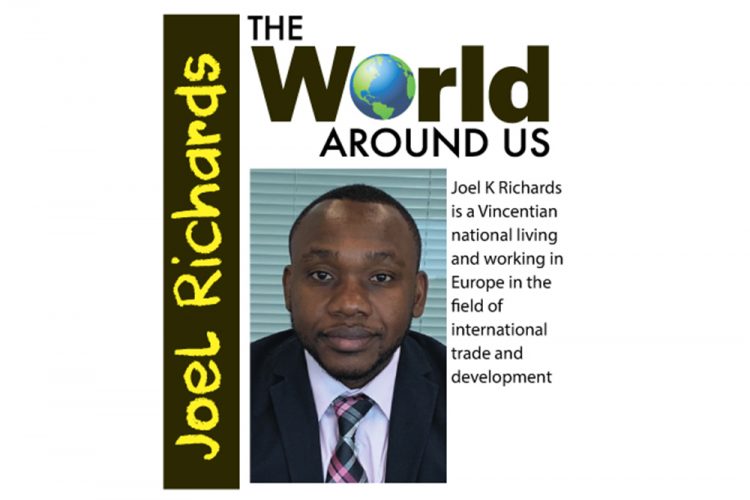Food Security and Reimagining Caribbean Economies

I HAVE written previously that the current novel coronavirus (COVID-19) pandemic has exposed and reinforced vulnerabilities in the economies of many Caribbean countries that need to be addressed. One of the vulnerabilities
that I highlighted then was the fact that many countries had outsourced their industrial policies, the logical consequence of which has been a sharp decline in domestic/regional production and an attendant increase in imports, especially imports of products that can be produced locally or regionally.
To be fair, one of the reasons that some countries have outsourced their industrial policies, sometimes wittingly and sometimes not, is that they simply became unattractive destinations for inward investments in production infrastructure because they could no longer compete with China and other countries in Asia. China and these other Asian countries offered cheaper labour and materials, established supplier networks, first class infrastructure and favourable policies. These things largely remain true and over the years, they have been bolstered by the leaps that China and its Asian neighbours have made in technology.
However, we are living in extraordinary times which require extraordinary imagination and reimagination. While it is important to keep one eye on the current pandemic, it is equally important to keep an eye on our preferred future. Part of this preferred future should be a commitment to emerge from the crisis better, stronger, smarter and more prosperous than we were before. Therefore, I want to talk about one major aspect of this preferred future that I wish to see Caribbean countries pursue and that is the area of food security.
Food security as defined by the United Nations’ (UN) Committee on World Food Security, means that all people, always, have physical, social, and economic access to sufficient, safe, and nutritious food that meets their food preferences and dietary needs for an active and healthy life. However, many Caribbean countries can be considered food insecure because they are not able to guarantee food for their people because of a heavy reliance on food imports. The implication of this is that any disruption to the region’s main source markets for food would place its citizens in a rather precarious position.
In a March 31, 2020 article in Forbes Magazine, Senior Contributor Daphne Ewing-Chow, presented a picture of a region which, notwithstanding its food production potential, remains financially burdened by an increasing food import bill. According to Ewing-Chow, between 80 and 90 per cent of all food consumed in the region (in the amount of about US $6 billion) originates from foreign countries, namely the United States.
An equally concerning issue is that a significant amount of the foods imported into the region are processed and contain high concentrations of sodium, sugar and trans-fat. This then creates a problem with respect to the proliferation of non-communicable diseases which are placing significant pressures on health services and undermining the quality of life for thousands of people.
Having done the diagnosis, the question now is where do we go from here? Essentially, the focus has to be on implementation.
As the Food and Agriculture Organisation of the UN has noted, CARICOM countries have approved a Regional Food and Nutrition Security Policy and Action Plan and in almost all of these countries, there now exists a national food and nutrition security policy and action plan. Therefore, where implementation has not started, the first task is to get the ball rolling. Where implementation has started, then the task is to continue and where necessary, accelerate it.
Finally, it is unacceptable for the US to play such a central role in determining the extent to which the Caribbean can be fed. This is dangerous, especially in an era when “America first” potentially means that everyone else be damned. Pursuing food security is good, smart policy because it ensures that the Caribbean can feed itself, create jobs and save foreign exchange. Food security can also be a fundamental pillar of a reimagined Caribbean economy.









